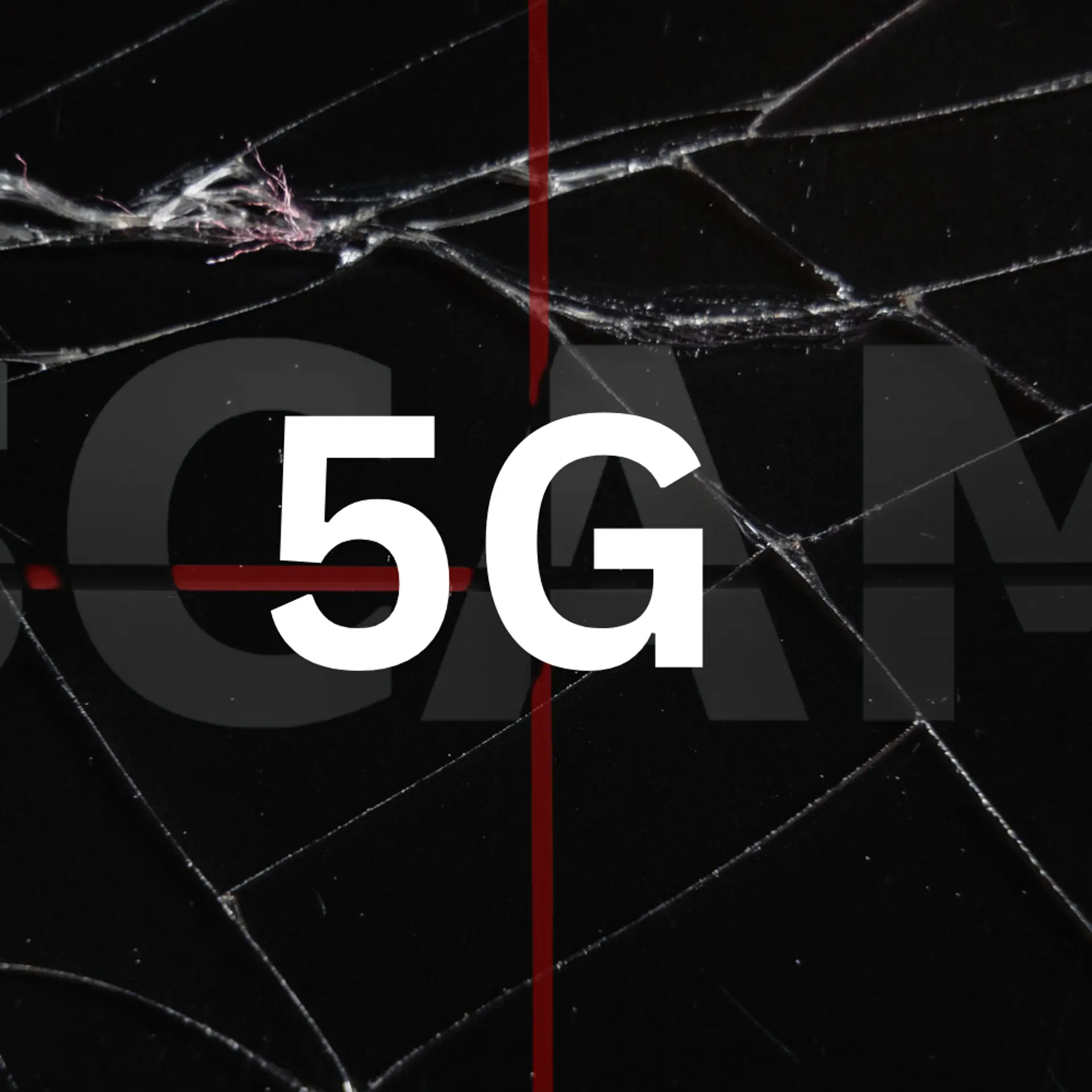Science vs. Superstition: Can Eclipses Really Affect Your Health?
Eclipses are spectacular events that deserve our attention and appreciation, not fear and superstition. By respecting scientific advice, we can safely enjoy these cosmic wonders!
For centuries, eclipses have fascinated humans, creating awe and fear. Superstitions surrounding these celestial events suggest they could affect your health in various ways. But what does science have to say about it? Let's dive into the world of eclipses to separate fact from fiction and understand if they really have any impact on our wellbeing.
The Superstitious Beliefs
Across different cultures, eclipses have been viewed as omens, often associated with bad luck or health. Some beliefs suggest that pregnant women should not step outside during an eclipse to avoid harm to their unborn child, while others link eclipses to eye problems or food poisoning if meals are consumed during the event. But are these claims backed by any scientific evidence?
Science Weighs In
First and foremost, the primary advice from scientists regarding eclipses, especially solar eclipses, is to never look directly at the sun without proper protection. Doing so can indeed cause serious eye damage, but this is due to the sun's powerful rays, not the eclipse itself. As for other health-related superstitions, science offers a clear verdict: there is no evidence to suggest that eclipses have any direct impact on human health beyond this.
Can Eclipses Affect Your Sleep or Mood?
Here's where things get interesting. Eclipses can cause very minor dips in light levels. Some people might be more sensitive to these changes, potentially experiencing slight sleep disruptions or mood fluctuations. However, these effects are usually temporary and mild. Here is the takeaway:
- Eclipses pose no direct health risks besides eye damage from looking directly at the sun during a solar eclipse (use certified eclipse glasses!).
- There's no scientific evidence to support claims of eclipses affecting pregnancy, food spoilage, or overall health.
- Minor sleep or mood changes might be experienced by some due to light variations, but these are usually temporary.

Eclipses and Human Behavior
While eclipses don't directly affect physical health, they can influence human behavior. The excitement or anxiety surrounding an eclipse might lead to stress-related symptoms for some people. This reaction, however, is tied to individual beliefs and not the astronomical event itself.
The Power of Observation
Eclipses offer a unique opportunity for scientists and astronomers to observe and study the sun and moon's intricate movements. Far from being feared, they are eagerly anticipated by the scientific community for the wealth of information they provide about our solar system and beyond.
Nutritional and Environmental Myths
The idea that food becomes poisonous or that harmful rays emerge during an eclipse has no basis in science. Eclipses do not change the composition of food or release harmful radiations. These myths likely stem from a lack of understanding about the nature of these celestial events.
A Call for Rational Thinking
Understanding the difference between science and superstition is crucial. While it's fascinating to explore cultural stories and beliefs, it's important to rely on scientific evidence for matters concerning health and safety. Eclipses are natural phenomena, predictable and awe-inspiring, but they don't possess the power to affect our health adversely.
Eclipses are spectacular events that deserve our attention and appreciation, not fear and superstition. By respecting scientific advice, such as protecting our eyes during a solar eclipse, we can safely enjoy these cosmic wonders. So, the next time an eclipse is predicted, remember to look up with curiosity and caution, knowing that the only impact it will have on your health is the sense of wonder you'll feel witnessing the majesty of the cosmos.
Edited by Roshni Manghnani







